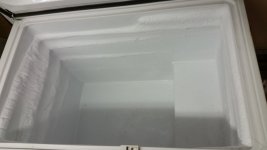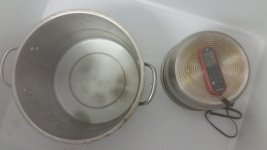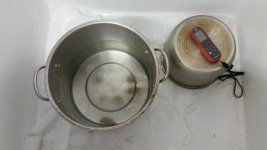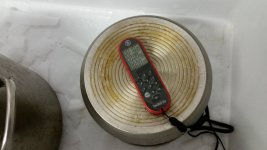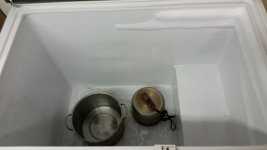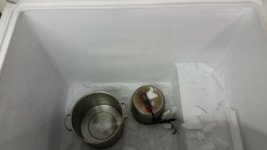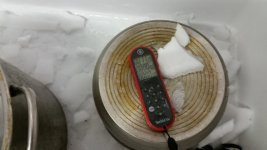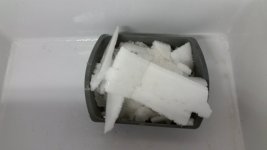DanHoo
TVWBB 1-Star Olympian
I'm happy with the chest freezer I bought a few months ago, and I've found if I only put very well sealed food in it, it doesn't frost up as bad.
temps are very stable. 2 to 3 degree swing max over a month.
When I measured temp swings on my side-by-side freezer it was -12 to +18 range over 48 hours or so, and the gauge was in the bottom basket away from the heating element.
I think freezer burn is a combination of unsealed packaging and temp swings. If packaging is vacuum packed then I think the temp swings become less of an issue, but not eliminated.
temps are very stable. 2 to 3 degree swing max over a month.
When I measured temp swings on my side-by-side freezer it was -12 to +18 range over 48 hours or so, and the gauge was in the bottom basket away from the heating element.
I think freezer burn is a combination of unsealed packaging and temp swings. If packaging is vacuum packed then I think the temp swings become less of an issue, but not eliminated.

